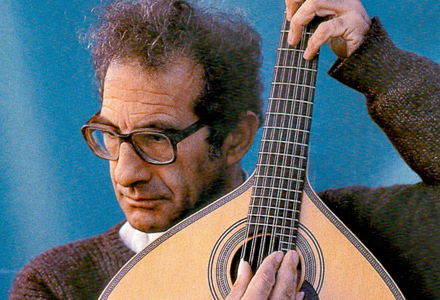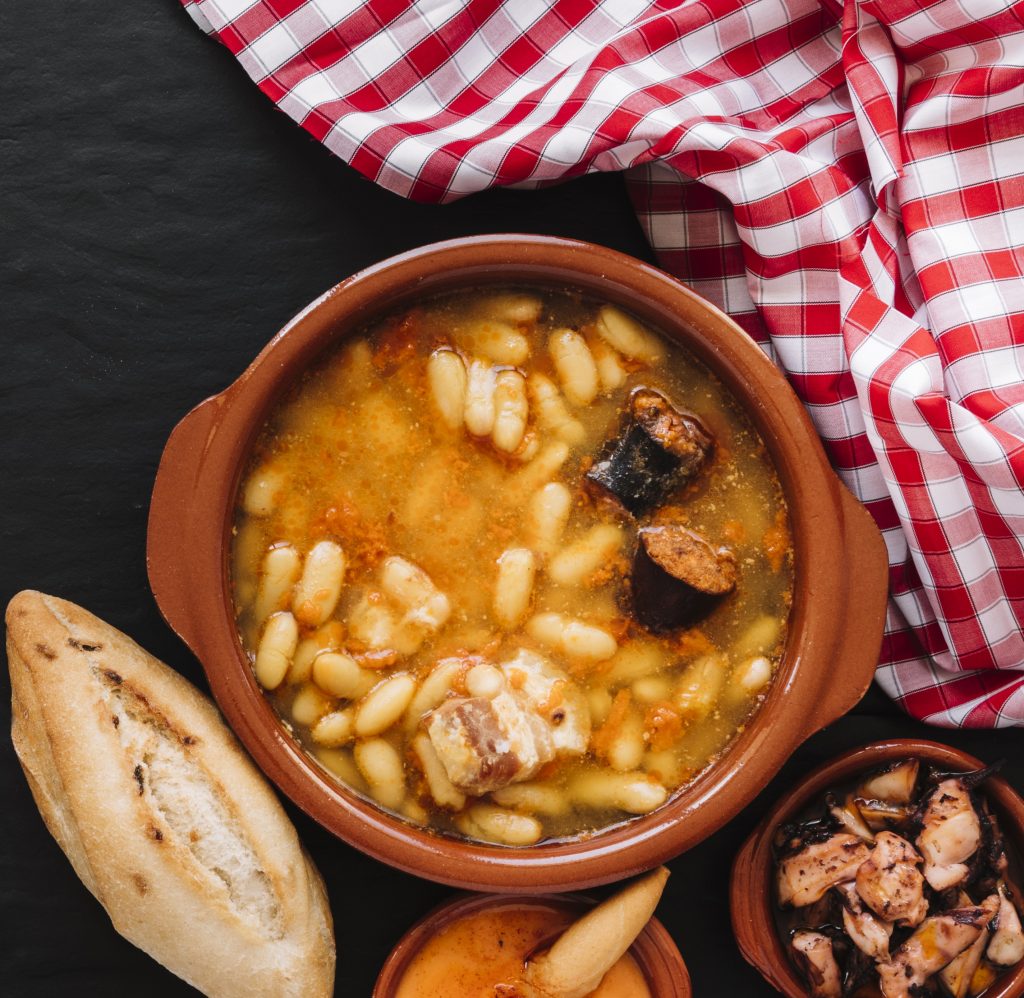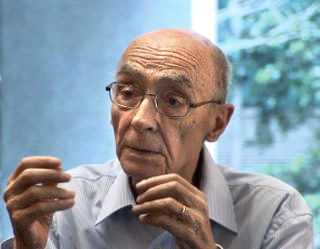Carlos Paredes (Coimbra 1925 – Lisbon 2004) was one of the greatest Portuguese guitarists, widely known as the “Master of the Portuguese guitar”. Son of Artur Paredes, another great name on the instrument, Carlos was born in Coimbra where he was naturally influenced by the city’s musical and academic environment. From an early age, he showed his virtuosity and capacity for innovation, reinventing the way of playing and composing for the Portuguese guitar. Despite working as an archivist at the Hospital de São José, in Lisbon, Paredes dedicated his life to music, being the author of notable compositions such as Verdes Anos and albums like Guitarra Portuguesa. His creations go beyond traditional fado, combining elements of popular and classical music, which has guaranteed him a prominent place in the Portuguese cultural scene.
Paredes was not only a musician, but also a symbol of cultural resistance. During the Estado Novo regime, he faced restrictions and was even arrested for links with the Portuguese Communist Party, but after the Carnation Revolution his music came to be seen as an emblem of freedom and cultural renewal. His collaboration with other musicians, such as bassist Adriano Correia de Oliveira and pianist António Victorino d’Almeida, shows the versatility and universality of his art.
Carlos Paredes’ endures as one of the greatest representatives of Portugal’s musical identity and his influence is visible not only in fado, but also in different genres and generations of musicians. Today, he is considered one of those responsible for elevating the Portuguese guitar to the status of a national symbol and an instrument of deep and sophisticated expression, contributing to the appreciation of Portuguese culture in the world.
We suggest a little taste of his work in these links:
The album “Portuguese guitar”: https://www.youtube.com/watch?v=b_iaItjC72M
The theme music from the film “The green years”: https://www.youtube.com/watch?v=pFNz3W6-ZYA



